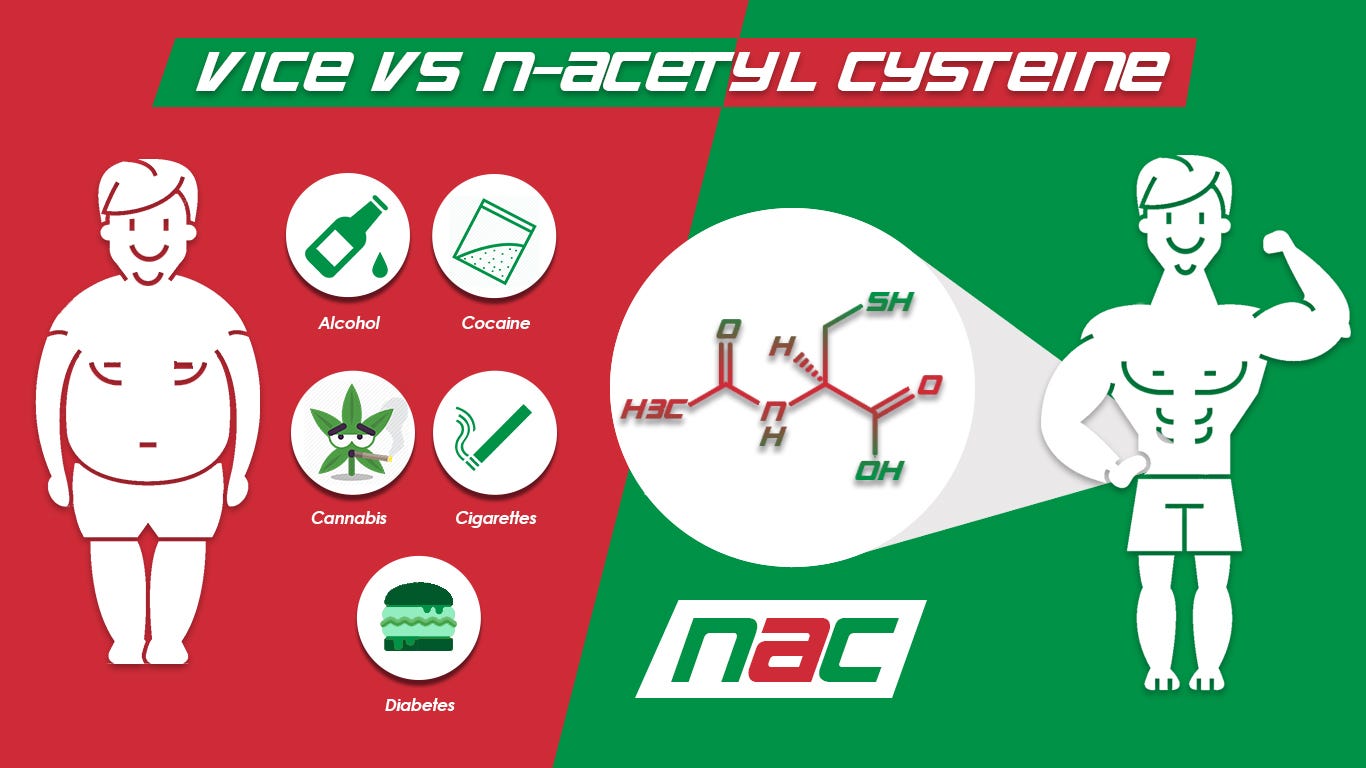Now how do we organize against this?
One really got to have deep pockets to fight FDA rulings with courts. If it wasn't possible with politcal means first.
But on the other hand here in Europe even Garlic extract, Red-yeast rice, Proanthocyanidins, Lactase, Cinnamon extract, etc. could be out-ruled already since long arbitrarily in the past on a per case-basis as functional medicines.
See this german article of wikipedia translated:
Functional medicinal products are medicinal products which, through their action, exert an influence on physiological functions. They are distinguished from presentation medicinal products, which, irrespective of their actual efficacy, are intended to cure or prevent human disease.[1] The distinction goes back to Article 1 No. 2 of the Community Code relating to medicinal products for human use.[2]
Table of Contents
Delimitation
Functional as well as presentation medicinal products are medicinal products in the sense of § 2 AMG and may not be distributed or advertised without a marketing authorization according to § 21 Abs. 1 AMG, § 3a Satz 1 HWG.[3][4]
Both terms play a role in product delineation and thus for marketing, because medicinal products fall under a different law than, for example, food[5] or medical devices. The latter are subject to the German Food and Feed Code (Lebensmittel- und Futtermittelgesetzbuch, LFGB) and the Medical Devices Act (Medizinproduktegesetz, MPG), respectively, which does not apply to medicinal or cosmetic products (Section 2 (5) MPG). In the case of medical devices, for example, the particularly expensive clinical studies do not apply. Compared to drugs, they may also be advertised under simplified conditions, for example with certain pictorial representations, such as a comparison of before and after.[6] The same applies to medical devices.
For the classification as medicinal product, medical device, cosmetic or even food supplement, the manufacturer's information is decisive. The authorities are guided by these. Disputed individual cases are to be clarified by the courts.[7]
Legal basis
European law
According to the European Directive 2001/83/EC (Community code relating to medicinal products for human use), as amended and currently in force, functional medicinal products are.
"any substance or combination of substances administered in or on the human body with a view either to restoring, correcting or modifying human physiological functions by exerting a pharmacological, immunological or metabolic action, or to making a medical diagnosis."
According to a November 15, 2007 ruling of the European Court of Justice (ECJ) in Luxembourg, which is binding on all EU member states, a requirement for a functional medicinal product is that it have an appreciable effect on metabolism and that it genuinely influence the functional conditions of the body.[8] The ECJ has also ruled that a functional medicinal product must have a pharmacological effect.
In contrast, according to Directive 2001/83/EC, presentation medicinal products are.
"any substance or combination of substances presented as having properties for treating or preventing disease in human beings."
In addition, the so-called doubt rule applies according to definition paragraph 2 Article 2 of the Directive, which states:
"In cases of doubt, where a product, taking into account all its characteristics, may fall both within the definition of 'medicinal product' and within the definition of a product regulated by other Community legislation, this Directive shall apply."
German Law
Although previously the basis of case law, the European regulation was then also transposed into national law in 2009 with the 15th amendment to the Medicinal Products Act.
Excerpt from a ruling: "The existence of a functional medicinal product within the meaning of Art. 1 No. 2 lit. b) Directive 2001/83/EC is not to be determined by the effects designated therein, but by whether the product can fulfill a therapeutic purpose (negated here with regard to certain bacteria)."[9]
Examples of court rulings on delineation
The following are examples of some decisions regarding the delineation of functional drugs from other product groups that have been particularly well-received.
Decisions concerning lactaseEdit
In February 2008,[10] the Higher Regional Court (OLG) of Stuttgart dealt with the evaluation of powdered products sold in capsules, which contain lactase. Lactase is an enzyme that breaks down lactose and is taken by people with lactose intolerance in order to digest the lactose contained in many milk products. The OLG ruled on the basis of German and primarily European law that these products are not functional drugs. It is true that the OLG considered the requirement to be fulfilled that a disturbance of physiological functions is present in the case of lactose intolerance. But the remedy was not capable of influencing the function of the body (namely the intestinal villi or the digestive secretions), but acted solely on the condition of the food. Rather, an active bioeffect would have to be required, i.e. an exogenous substance would have to have a controlling effect on bodily functions in order to be considered a functional medicinal product within the meaning of the EU directives. The court also relied on a previous reasoning [11] of the Federal Administrative Court.
The OLG also had other decisions by German courts on lactase preparations:
In 2006, the Berlin Administrative Court (VG) had ruled that a comparable product to the one assessed by the Stuttgart Higher Regional Court in 2008 was a medicinal product requiring marketing authorization.[12] The Frankfurt Higher Regional Court had ruled that a lactase preparation was a medicinal product and not a dietary food.
In 2000, the OLG Frankfurt had classified a lactase preparation as a medicinal product and not as a dietary food.[13] However, at that time the EU directives had not yet been enacted. In addition, the product had met the requirements for a "presentation medicinal product."
Decisions on preparations with herbal ingredients
In 2007, a product containing the ingredients oligomeric proanthocyanidins was classified as a food supplement and not as a functional medicinal product by a ruling of the Federal Administrative Court (BVerwG). In this and two other rulings of July 25, 2007, the BVerwG issued the following identical guiding principles:[14][15][16]
The use of a product influences the physiological functions of the human body within the meaning of the definition of medicinal product under Community law only if it leads to a significant change in the functional conditions of the organism and causes effects that are outside the normal life processes occurring in the human body.
The classification of a product as a drug presupposes that the effects attributed to it are substantiated by reliable scientific findings.
Also in 2007, the Federal Administrative Court confirmed in a ruling that a skin care ointment containing small amounts of camphor and menthol was a skin care product (cosmetic). The court issued the guiding principle: A horse ointment declared as a care product does not become a medicinal product within the meaning of Section 2 (1) of the German Medicines Act (AMG) due to a camphor content of 0.5%.[11].
More recent decisions also relate to a product marketed as a dietary supplement consisting of red fermented rice treated with molds ("Red Rice"). The monacolin K contained in it is structurally identical to lovastatin, a drug used in higher doses in the treatment of elevated cholesterol. For this reason, the supervisory authorities had denied the "Red Rice" capsules marketability as food supplements and prohibited their marketing. In 2006, the Higher Administrative Court of Lower Saxony had found that the product was to be regarded as a medicinal product requiring marketing authorization, citing these guiding principles, among others, in its ruling:[17]
...
For the assessment of whether a product falls under the definition of a medicinal product "according to function", the pharmacological effects are to be given priority.
In the case of substances for which a dose-dependent pharmaceutical effect has not been clearly determined scientifically, the comparison with approved medicinal products as well as possible health risks represent important delimitation criteria.
The applicability of the rule of doubt in Article 2 (2) of Directive 2001/83/EC as amended by Directive 2004/27/EC does not require that the medicinal product property has been positively established. Rather, it is sufficient that the relevant proof of the pharmacological effect cannot be provided with absolute certainty.
However, in its ruling of January 15, 2009, the ECJ decided that the "Red Rice" capsules were not a drug, thus reconfirming its restrictive interpretation of the concept of a drug.[18] The ECJ had already ruled in 2007 that the "Red Rice" capsules were not a drug.
In 2007, the ECJ had already ruled that garlic extract powder capsules were not generally to be regarded as medicinal products. It also referred to Directive 2001/83/EC, according to which the disputed product did not meet the definition of a "medicinal product by presentation" or "by function."[8] A "generally beneficial effect on health" and a dosage form as a capsule are not sufficient to declare a foodstuff a medicinal product. Regarding the classification as a functional medicinal product, the court acknowledged that garlic capsules may serve to prevent arteriosclerosis and may have a pharmacological effect. However, the same effect could occur even with the intake of 7.4 grams of raw garlic daily. According to the ECJ, a product that has no effect on the organism other than that of a foodstuff has not crossed the threshold to become a functional medicinal product. The German government had previously classified garlic capsules as medicinal products and refused to allow an applicant to import them as food supplements.
In contrast, cinnamon extract capsules had been classified as medicinal products by two courts.[19][20] The courts classified the products not only as presentation medicinal products, but also as functional medicinal products, since there was a blood sugar-lowering effect that was also "medicinal".
So which means if the FDA gets it through, only NAC isn't available over the counter in the US. But you're still being able to order it for personal use from elsewhere.
On the contrary in Europe various supplements haven't been available like in the US always, and right away had to be ordered from the US. Also in some case for more reasonable costs.
Then in the case of Austria customs goes inbetween while taxing the imported supplements. Reclassifies it abitrarily as functional medicine, for which a medicine-import license is required. But practically never granded to privat persons.
It's confiscated and the offender is fined €50,- if the officer considers it abitrarily a 'minor' offence. Without recourse to repeals. Happened with imported ALA, Silimarin and Nattokinase for me. Nevermind the same supplements being available at lower doses in supermarkets here too.
Or right away fines with the otherwise minimum (if not arbitrarily considered 'minor') of €260,-. Which can be repealed. Long ago had that happen with a bottle of NOW TMG worth $10,-. My repeal wasn't processed in the required time of 1 1/2 years, and therefore this fine dropped. Otherwise you'll may meet the perpetrators of such abitrary ruling at the EU high court again.
Now this custom abitrarilyness hit me again. They just confiscated a small shipment of KoncentratedK, containing only K vitamins and Astaxanthin. Also to my horror realized, this time can't even plead on the absence of a "medicinal product by presentation" in a future repeal, because KoncentratedK webshop only includes scientific health claims from studies, but lacks any obligatory FDA disclaimer: 'not intented to tread, mitigate or cure any disease..'
Which compared is a real disaster for me. Due to the fines going up from €260,- on repeat up to €2600,-, if I'm convicted this time - which sadly is very likely - and with the prospect of such a abitrary reclassification of imported supplements next time having to cope with fines in the thousands Euros: I simply wont dare to ever order ANY supplement from outside the EU ever again.
Just for prospective, and how really bad it already is outside the US. Therefore do everything you can to stop such infringements on freedom in choice of treatment-modalities at its beginnings. Most are too lazy to do anything, but the prospect of getting restricted like Europe should wake you up. Do write to your representatives, at least.





























































